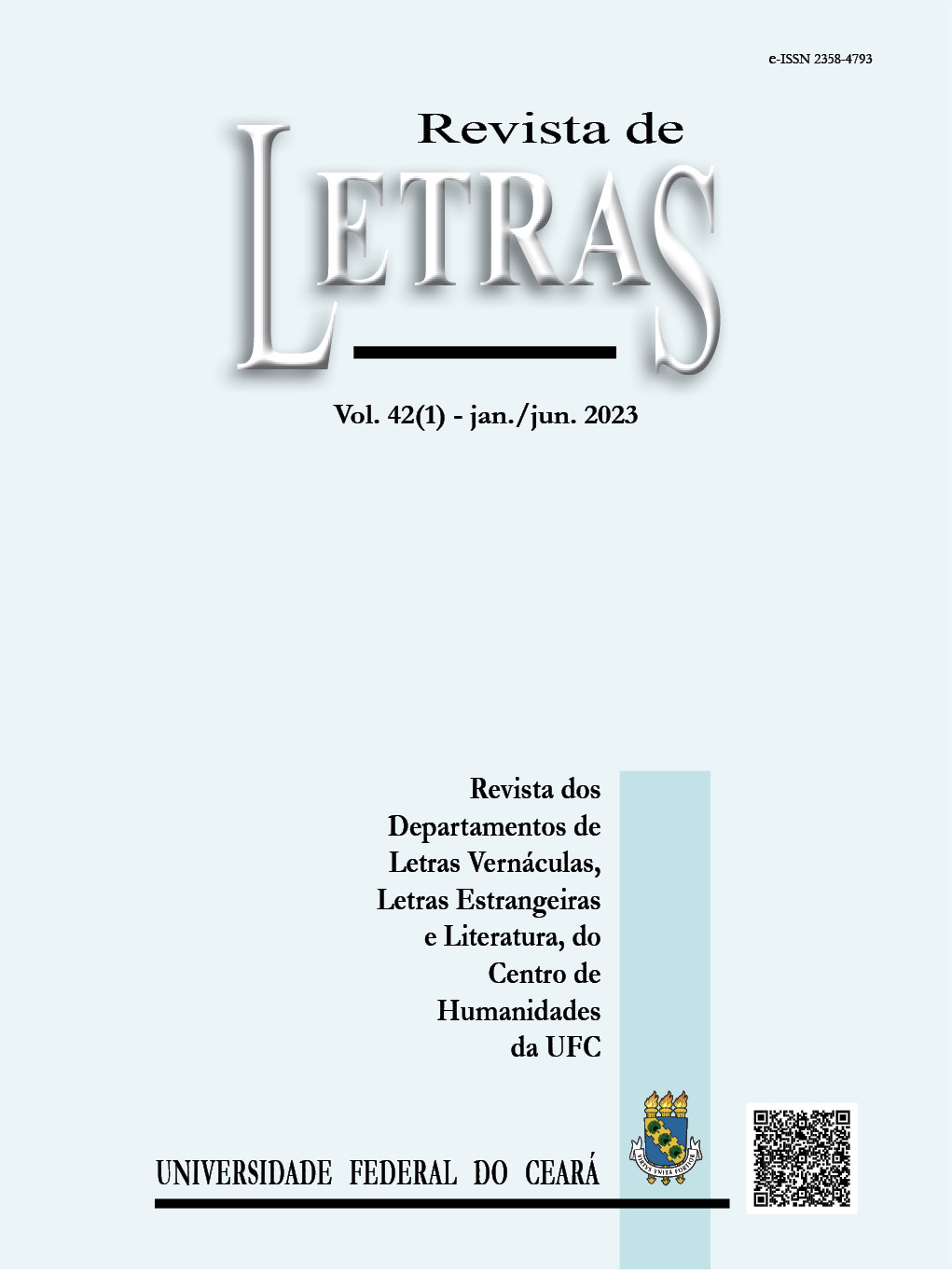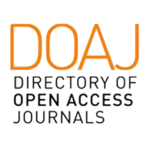SCENES FROM HAITIAN EXPERIENCES, WITH YANICK LAHENS: ESSAY OF A TRANSLATION
DOI:
https://doi.org/10.36517/revletras.42.1.13Abstract
The principal objective of this article is to present the commented translation, from French into Brazilian Portuguese, of the short story Une histoire américaine, extracted from the book La petite corruption (1999), by the Haitian writer Yanick Lahens. To do so, it commences, on the one hand, with the theoretical research on translation and on annotated translation in an academic context; and, on the other hand, the Haitian universe in which the short story is inserted. Thus, in the context of translation, Antoine Berman's studies form the basis, mainly his work A tradução e a letra ou o albergue do longínquo (2007). Regarding the commented translation genre, reference is made to the research by Torres (2017) and Sardin (2007), in which the authors address the problem of annotated translation in an academic context and point out the intrinsic relationship between annotation and translation. Mittmann's (2003) work regarding translation notes from a discursive perspective is also mentioned. The works of Cadely (2016) and Cothière (2017) are used to investigate the particularities of Yanick Lahens' writing in French and to address the historical and cultural issues underlying the narrative.
Keywords: French language; annotated translation; Yanick Lahens.
Downloads
Downloads
Published
How to Cite
Issue
Section
License
Copyright (c) 2023 Revista de letras

This work is licensed under a Creative Commons Attribution 4.0 International License.
Autores que publicam nesta revista concordam com os seguintes termos:- Autores mantêm os direitos autorais e concedem à revista o direito de primeira publicação, com o trabalho simultaneamente licenciado sob a Licença Creative Commons Attribution que permite o compartilhamento do trabalho com reconhecimento da autoria e publicação inicial nesta revista.
- Autores têm autorização para assumir contratos adicionais separadamente, para distribuição não-exclusiva da versão do trabalho publicada nesta revista (ex.: publicar em repositório institucional ou como capítulo de livro), com reconhecimento de autoria e publicação inicial nesta revista.
- Autores têm permissão e são estimulados a publicar e distribuir seu trabalho online (ex.: em repositórios institucionais ou na sua página pessoal) a qualquer ponto antes ou durante o processo editorial, já que isso pode gerar alterações produtivas, bem como aumentar o impacto e a citação do trabalho publicado (Veja O Efeito do Acesso Livre).

.png)






.png)
